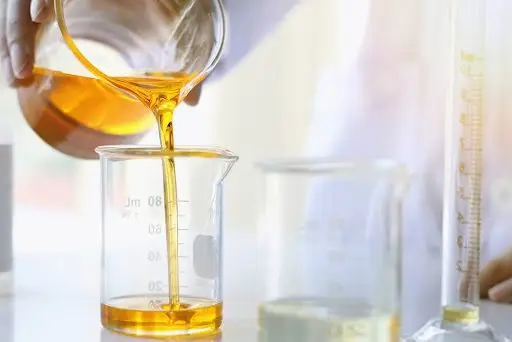Feb '24

Given how caustic chemicals and hazardous substances are commonly used in laboratory settings, it is only natural that the glassware used to contain them is made differently from flat glass, mirrored glass, and other well known styles. There are many types of glass used in lab glassware, each sporting its own strengths and advantages.
From tempered, toughened glass to annealed glass designed to resist heat, there is a wide range of different materials used when creating laboratory equipment. Here is an overview of five kinds of glass commonly used in beakers, tubes, and other glassware and why they are valued in lab settings.
Borosilicate glass is renowned for its superior resistance to thermal shock and its low coefficient of thermal expansion. This type of glass — which includes a mixture of silica and boron trioxide — is particularly adept at handling high temperatures and sudden changes in temperature. This makes it an ideal material for the production of laboratory glassware, such as boiling flasks and volumetric flasks.
This unique glass composition allows borosilicate glass to withstand the intense heat of chemical reactions and heating processes without cracking, a property that distinguishes it from ordinary glass found in common domestic and commercial settings. Its durability and resistance to chemical corrosion also contribute to its widespread use in both educational and professional laboratories.
Fritted glass refers to a specific type of glassware that incorporates a porous glass disc created by sintering together small particles of glass at high temperatures. This specialized glass is commonly used in laboratory settings for filtration and gas dispersion applications. The fritted disc acts as a filter medium, allowing liquids to pass while retaining solid particles or dispersing gasses through liquids.
Creating fritted glass involves carefully controlling the cooling process to ensure the glass cools slowly, reducing internal stresses and enhancing its strength. This process, combined with the unique physical properties of fritted glass, ensures reliability and longevity in demanding laboratory applications.
Quartz glass, also known as fused silica, stands out for its exceptional purity and high resistance to thermal shock, making it suitable for laboratory glassware exposed to extreme temperatures. This type of glass is made almost entirely of silicon dioxide (SiO2) and can withstand extremely high temperatures without deforming.
Additionally, quartz glass’s high thermal strength and low thermal expansion coefficient allow for precise control in high-temperature applications, such as in the production of optical fibers and specialized laboratory equipment like crucibles and optical components. Quartz glass is transparent to ultraviolet light, and its resistance to chemical corrosion also makes it invaluable in numerous applications.
At-Mar Glass is dedicated to supplying laboratories across countless industries with the custom glassware they need for their processes. In addition to creating special apparatuses, we also offer repairs for cracked and damaged glass. Contact us today for further information on our custom glassware services.